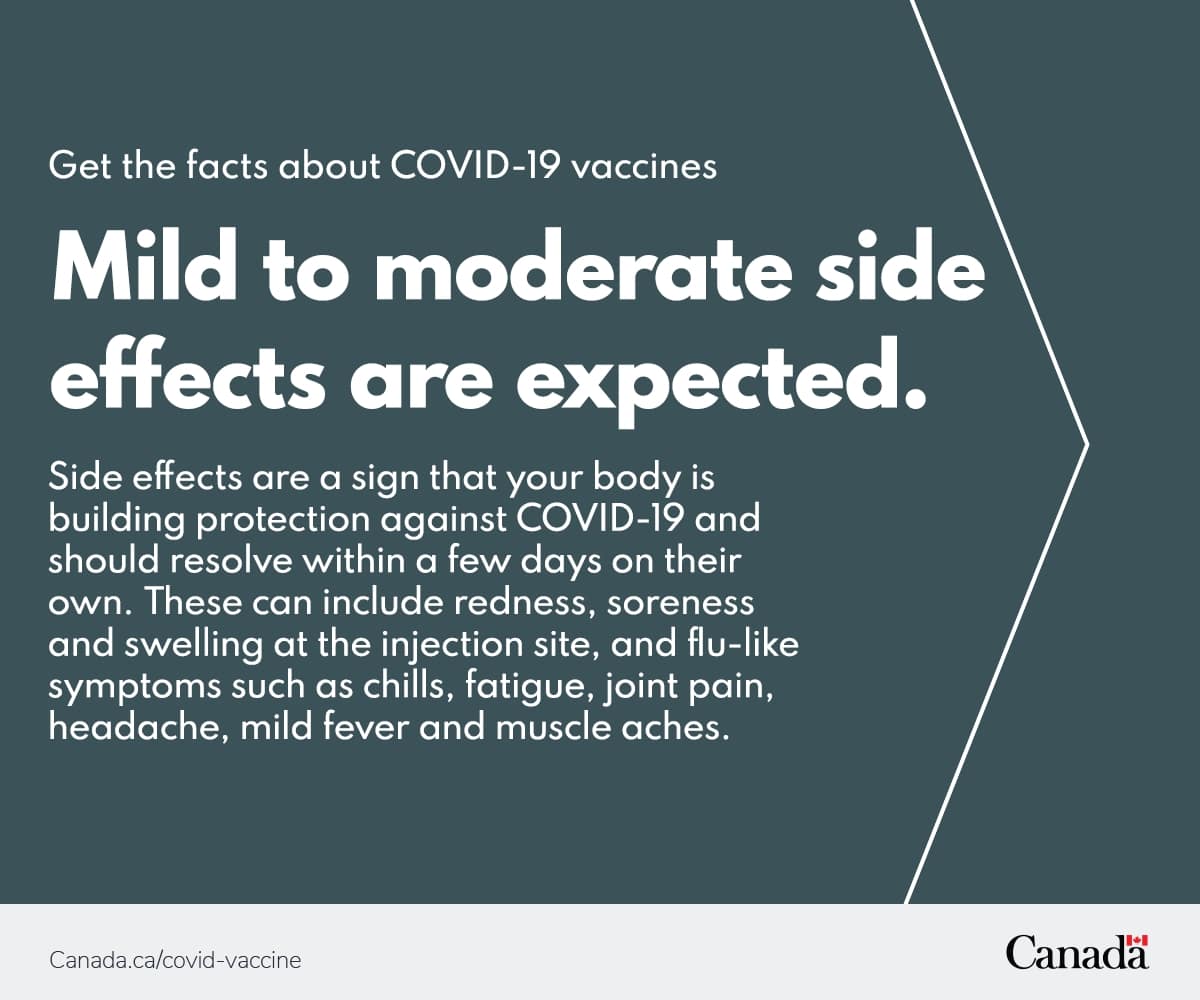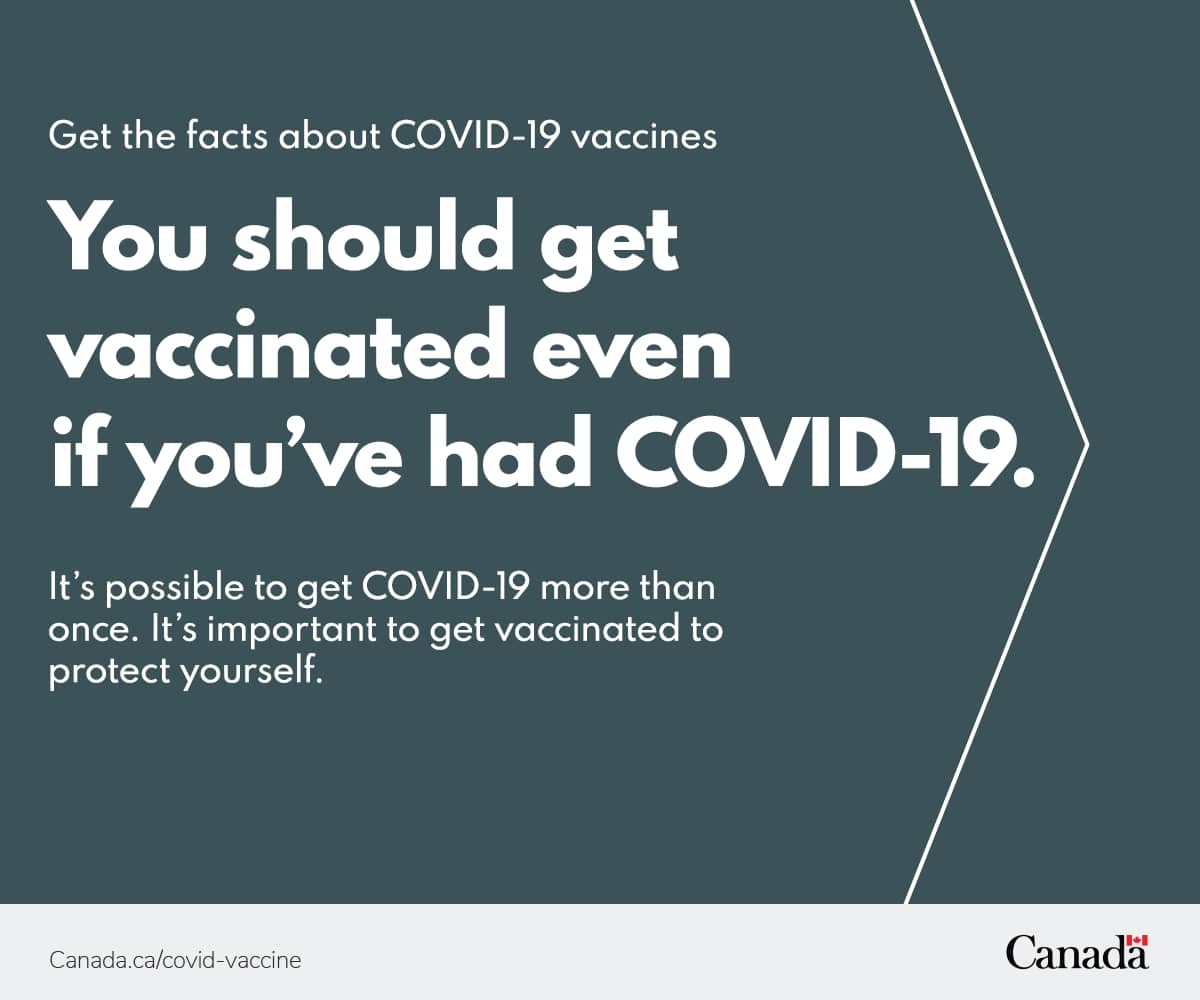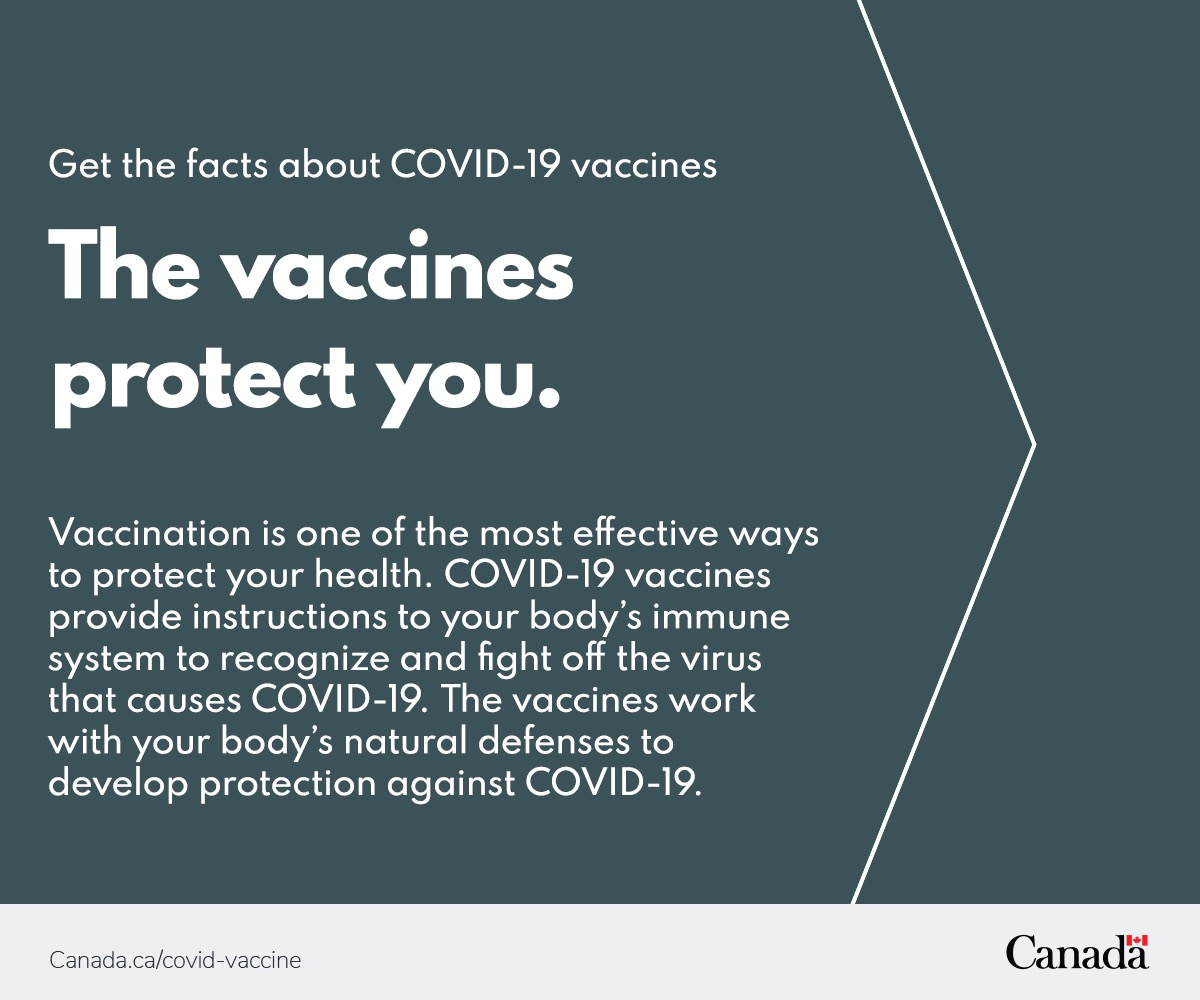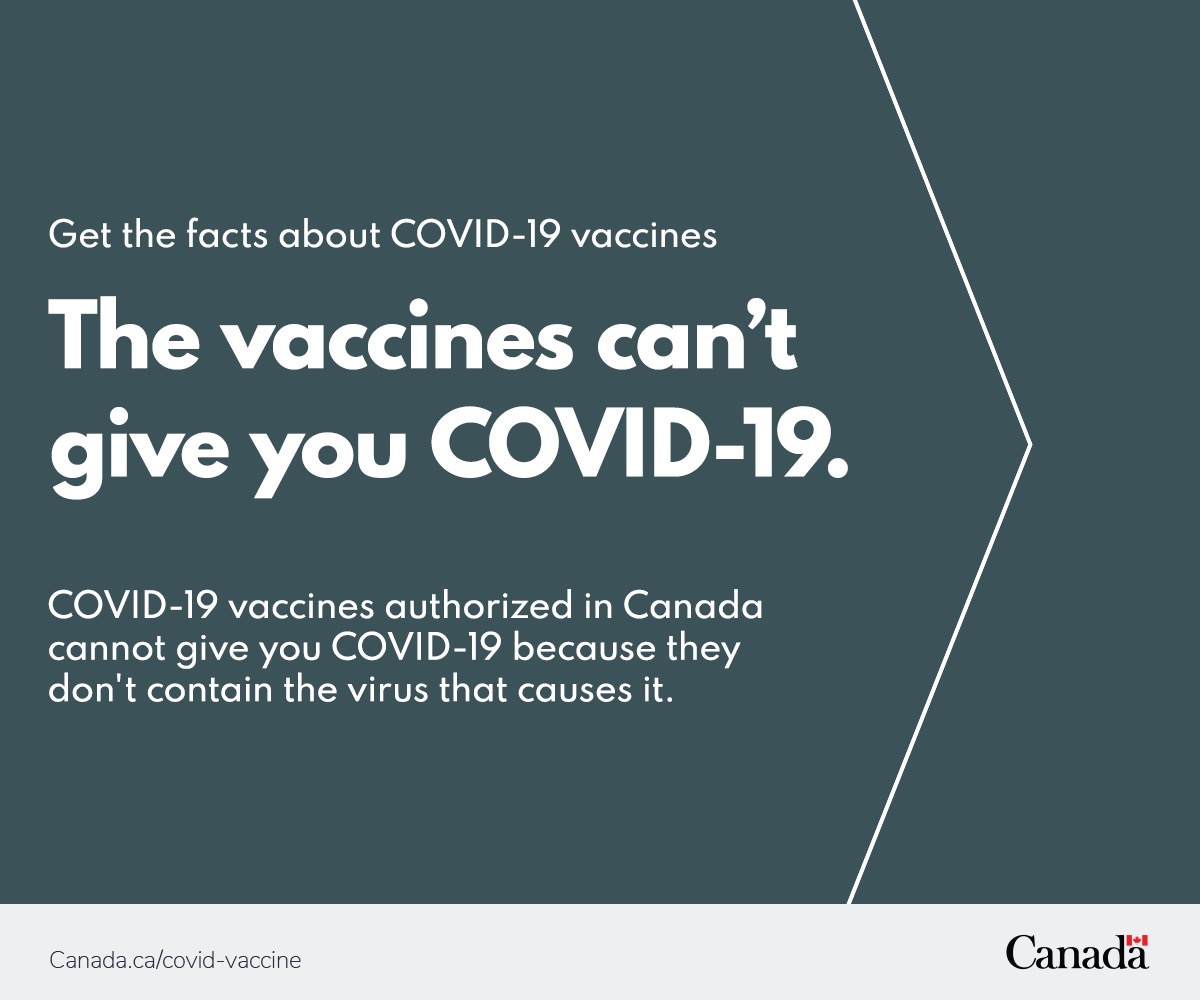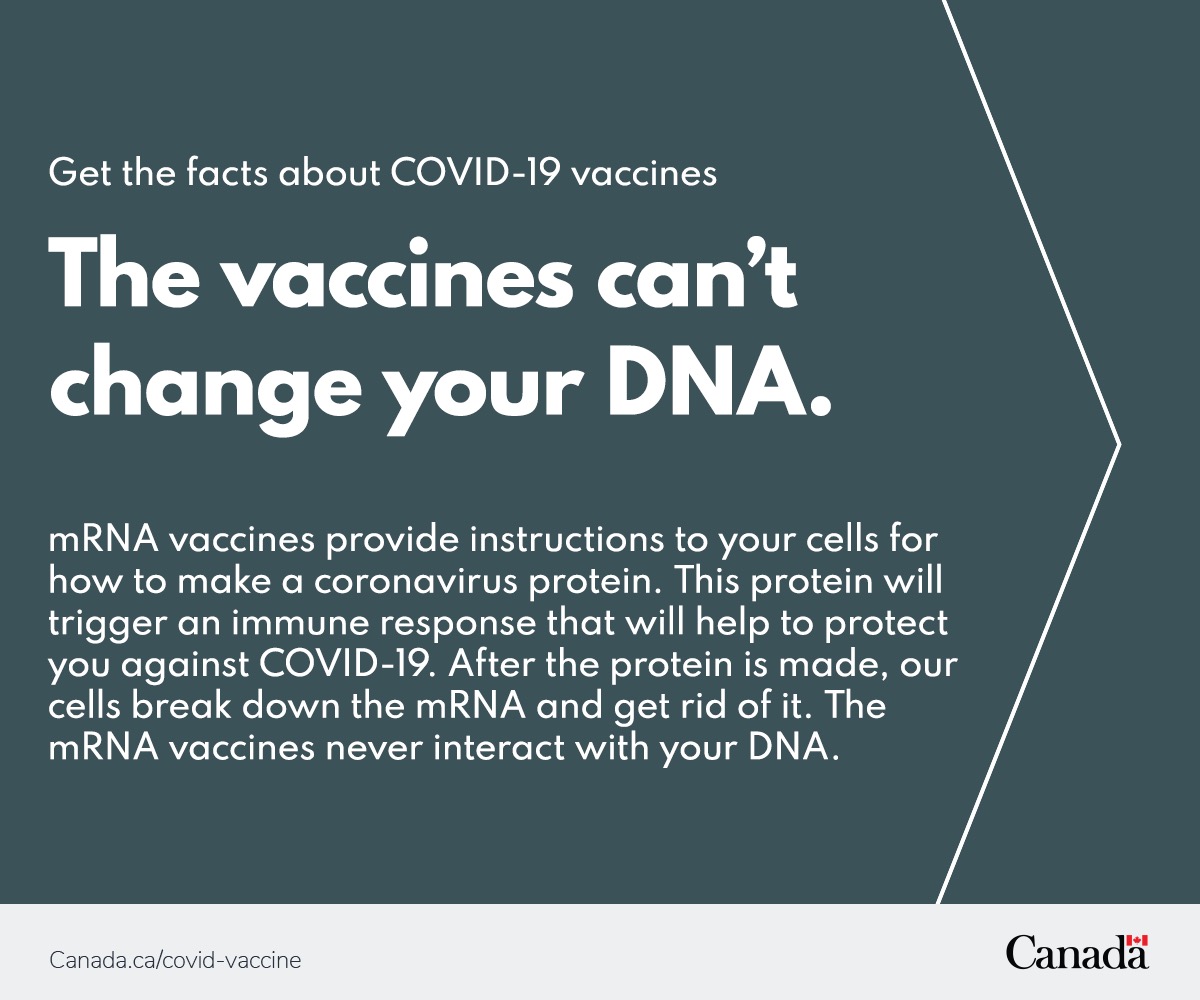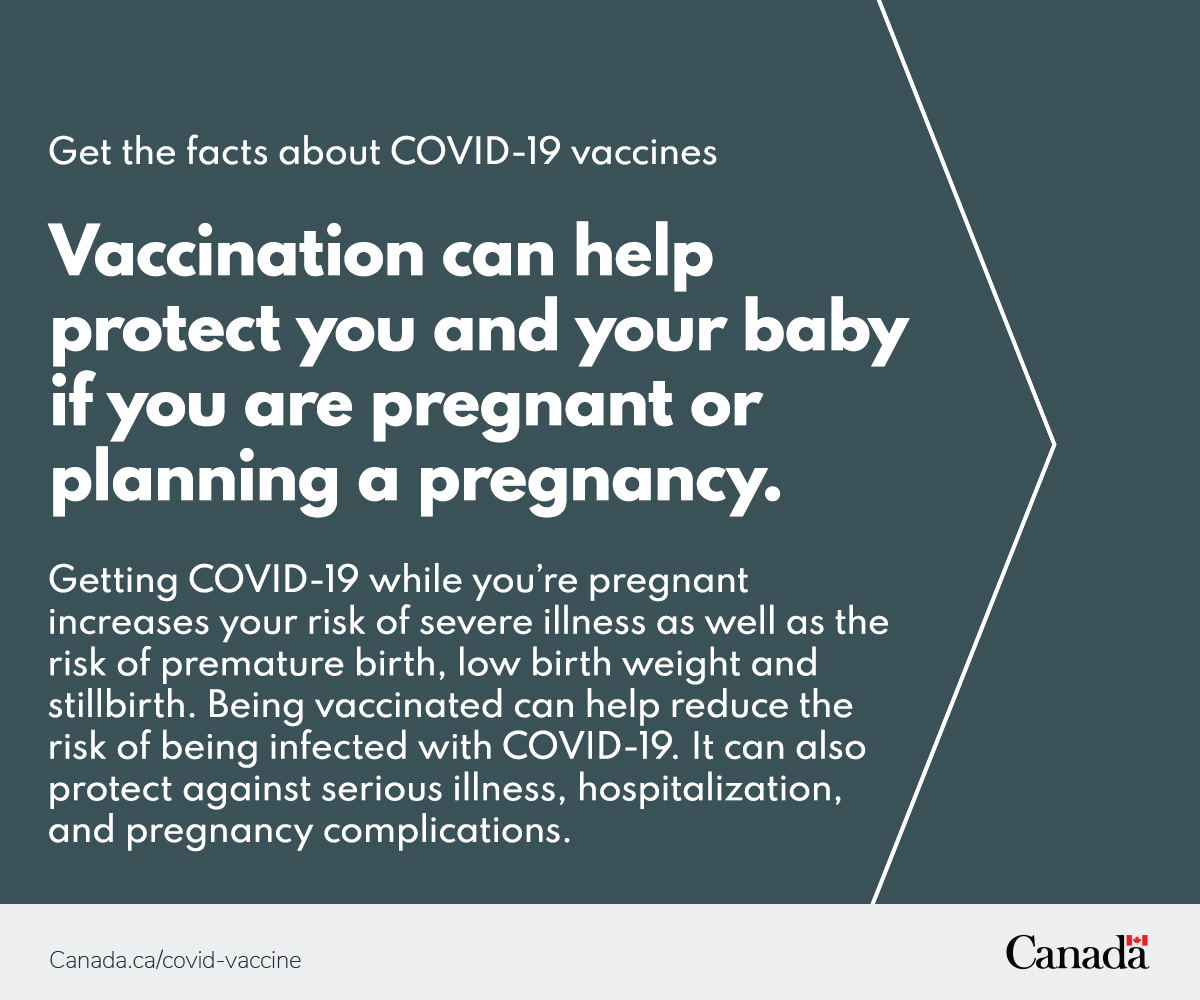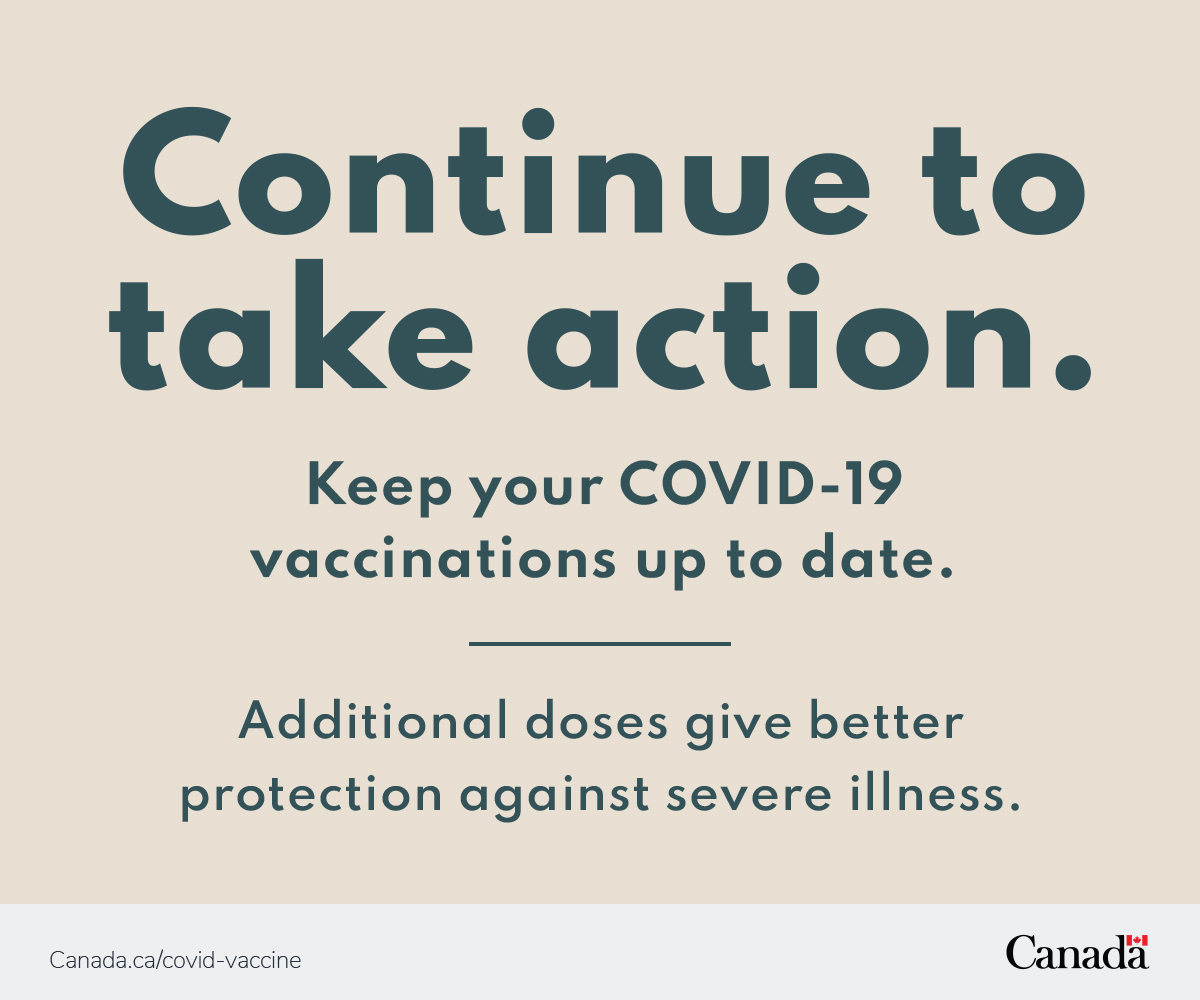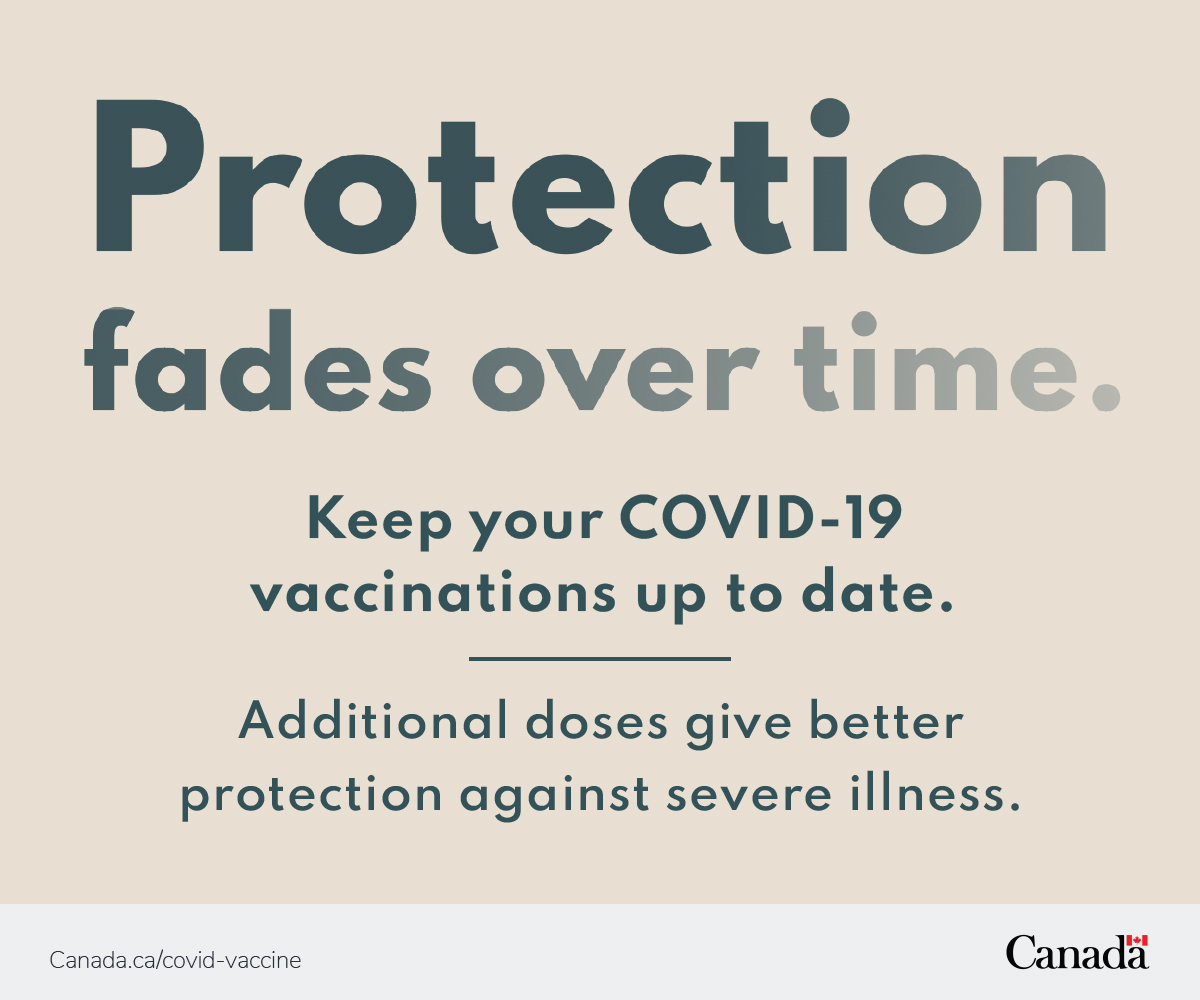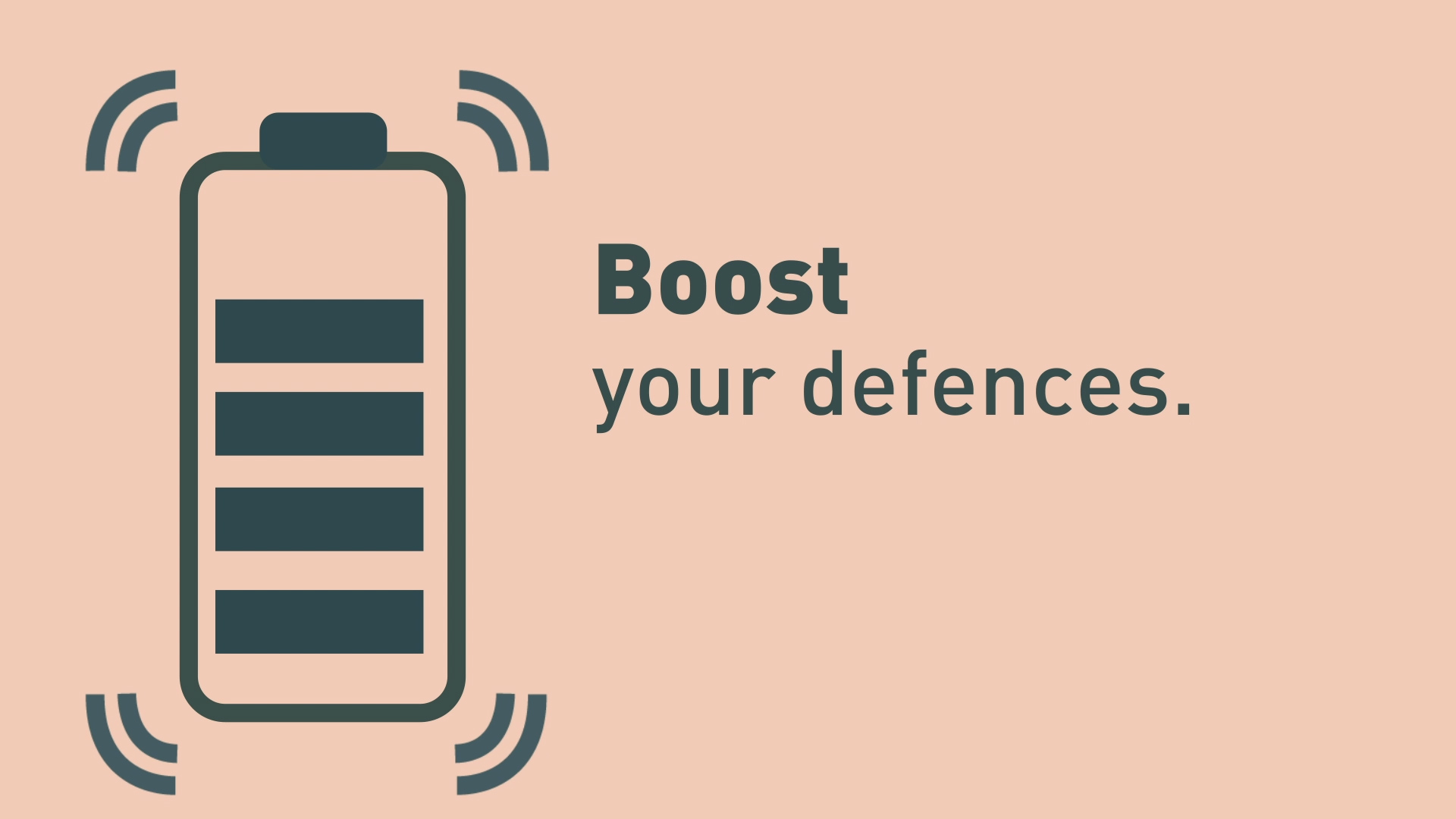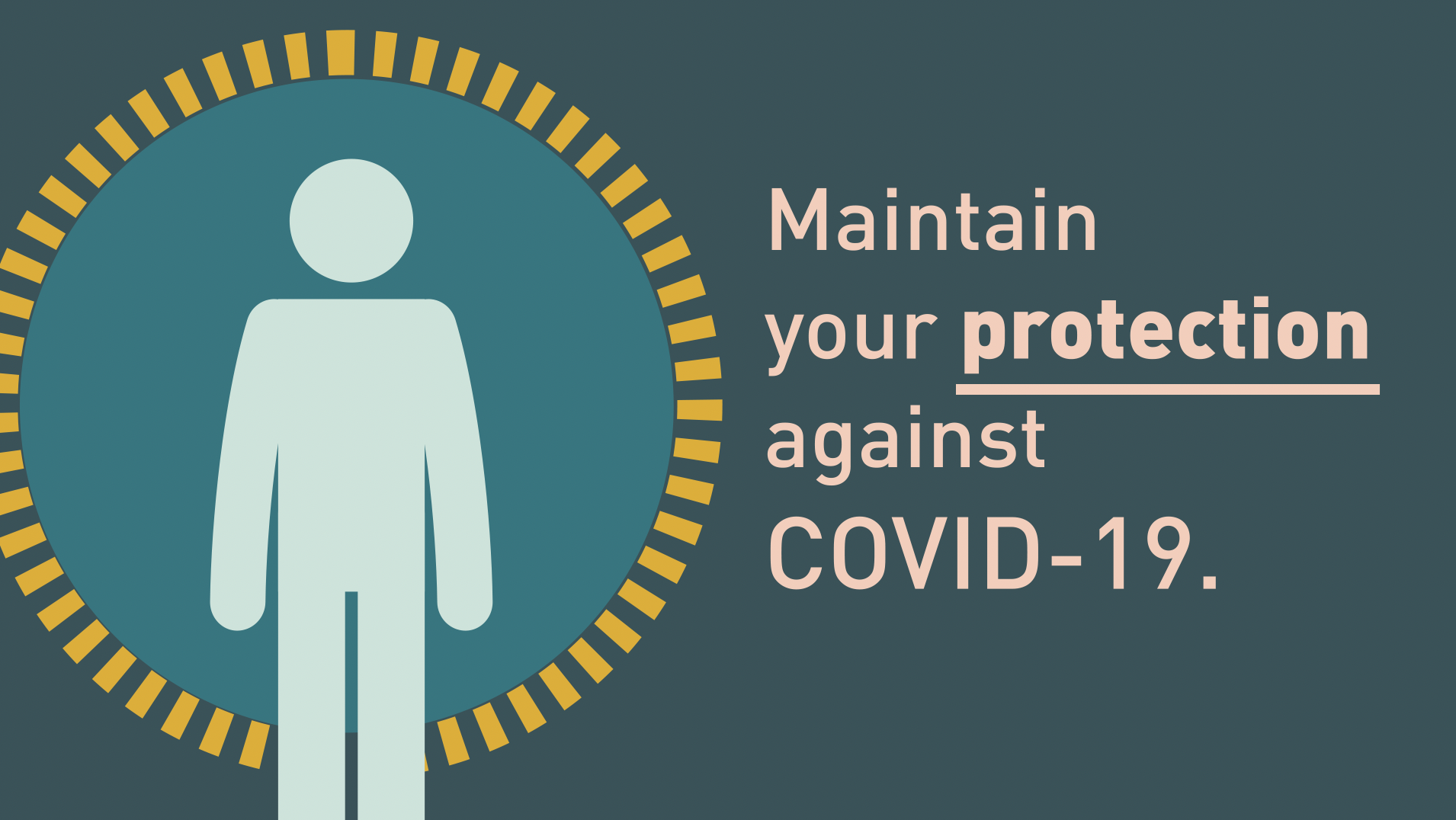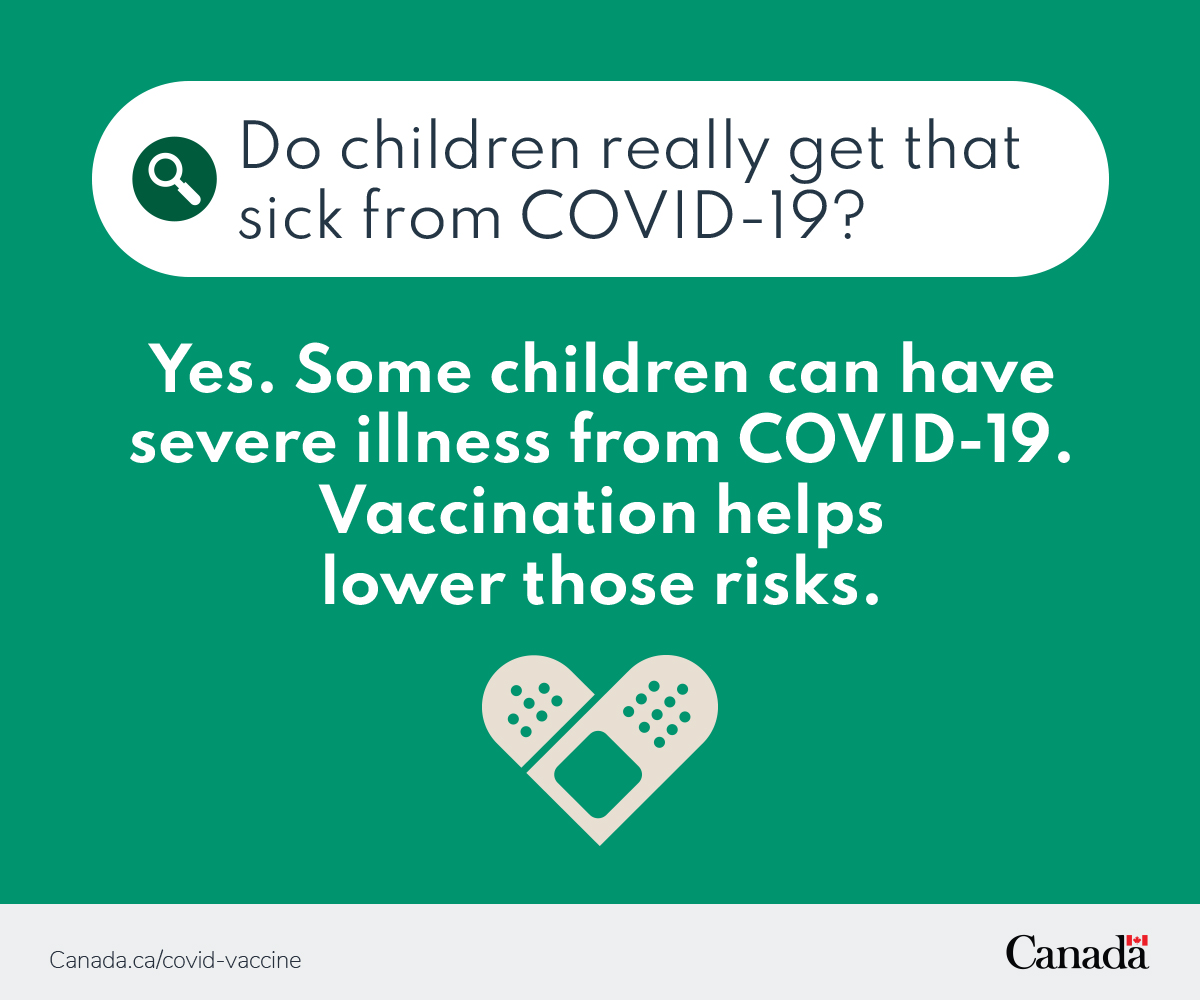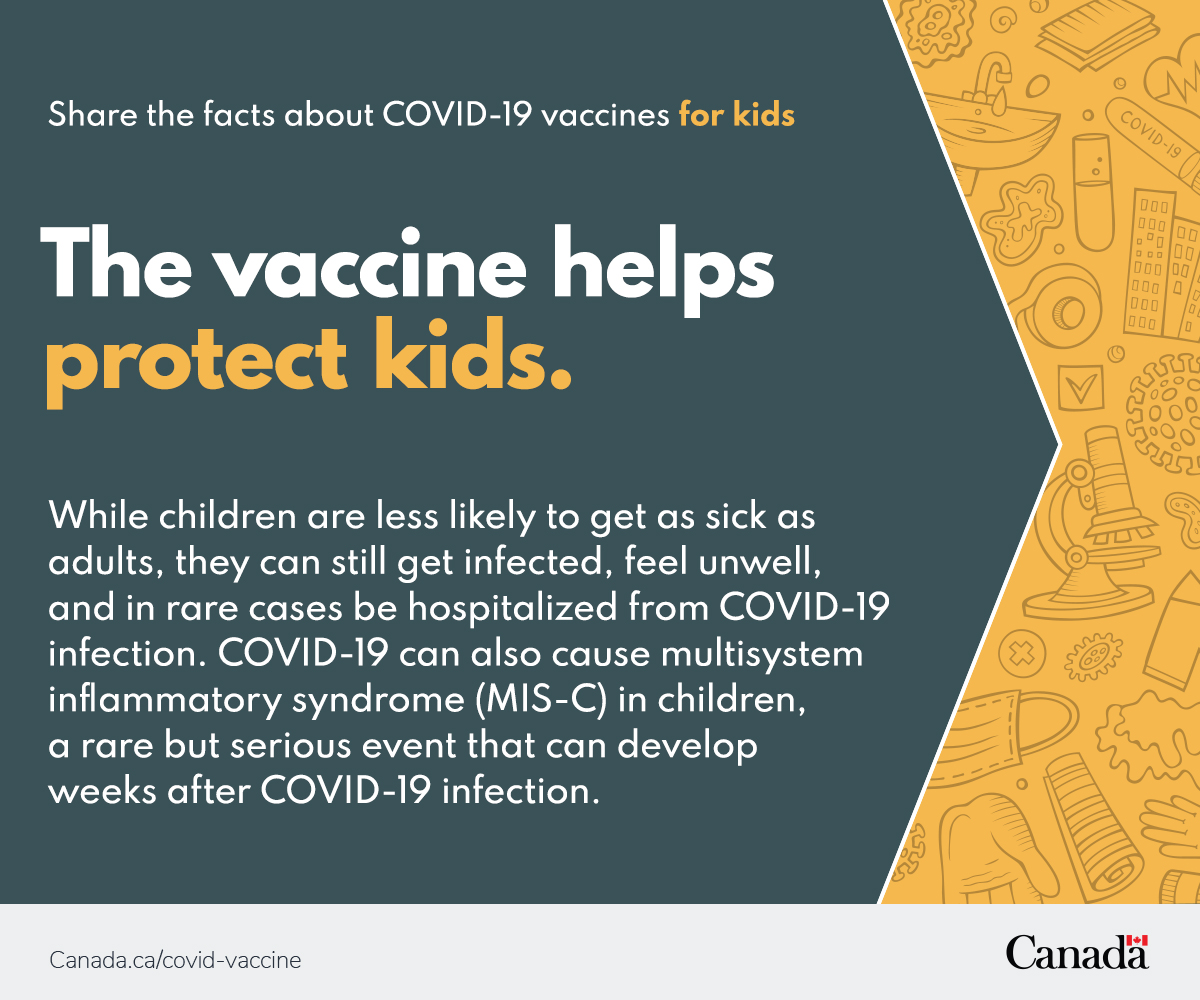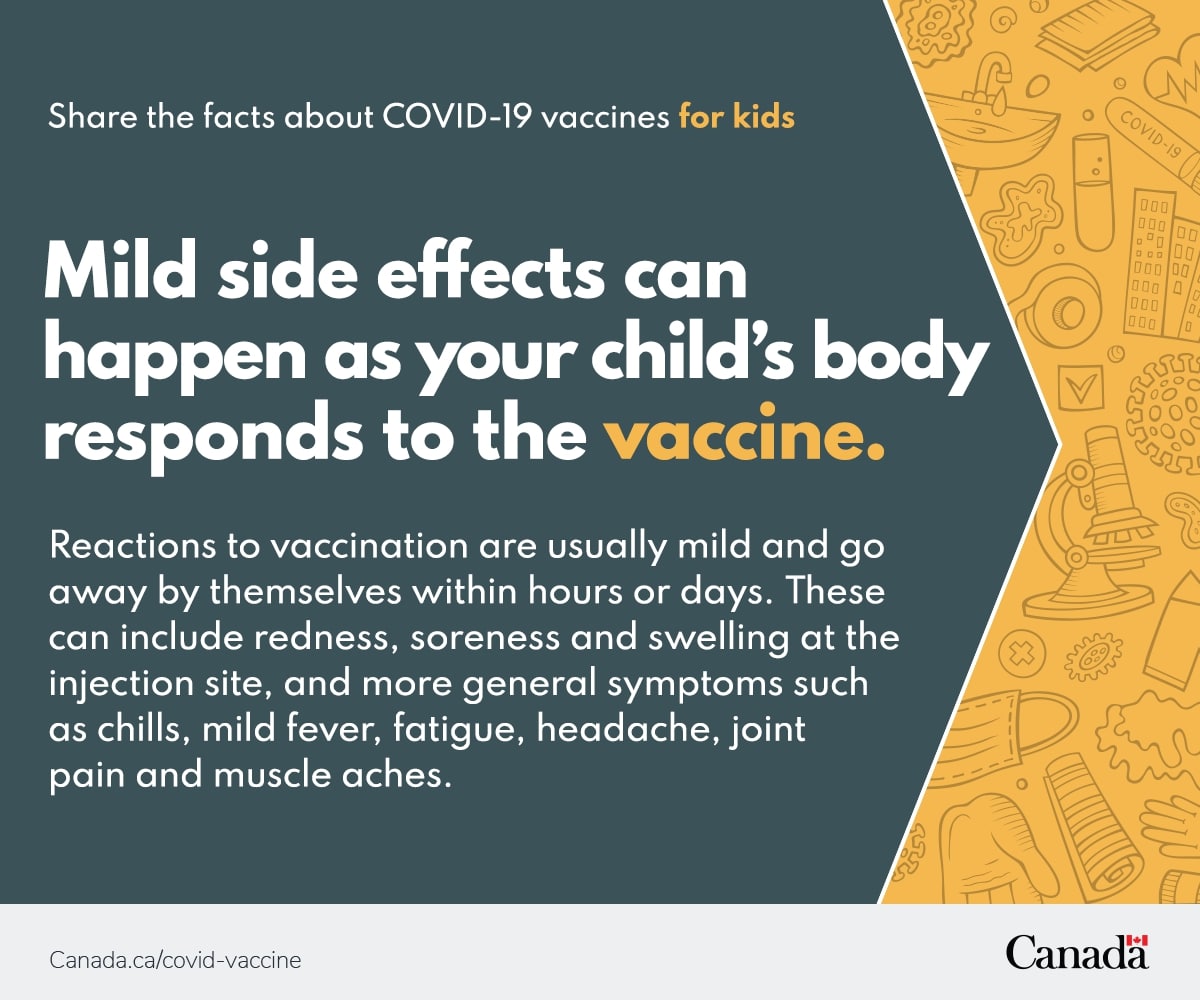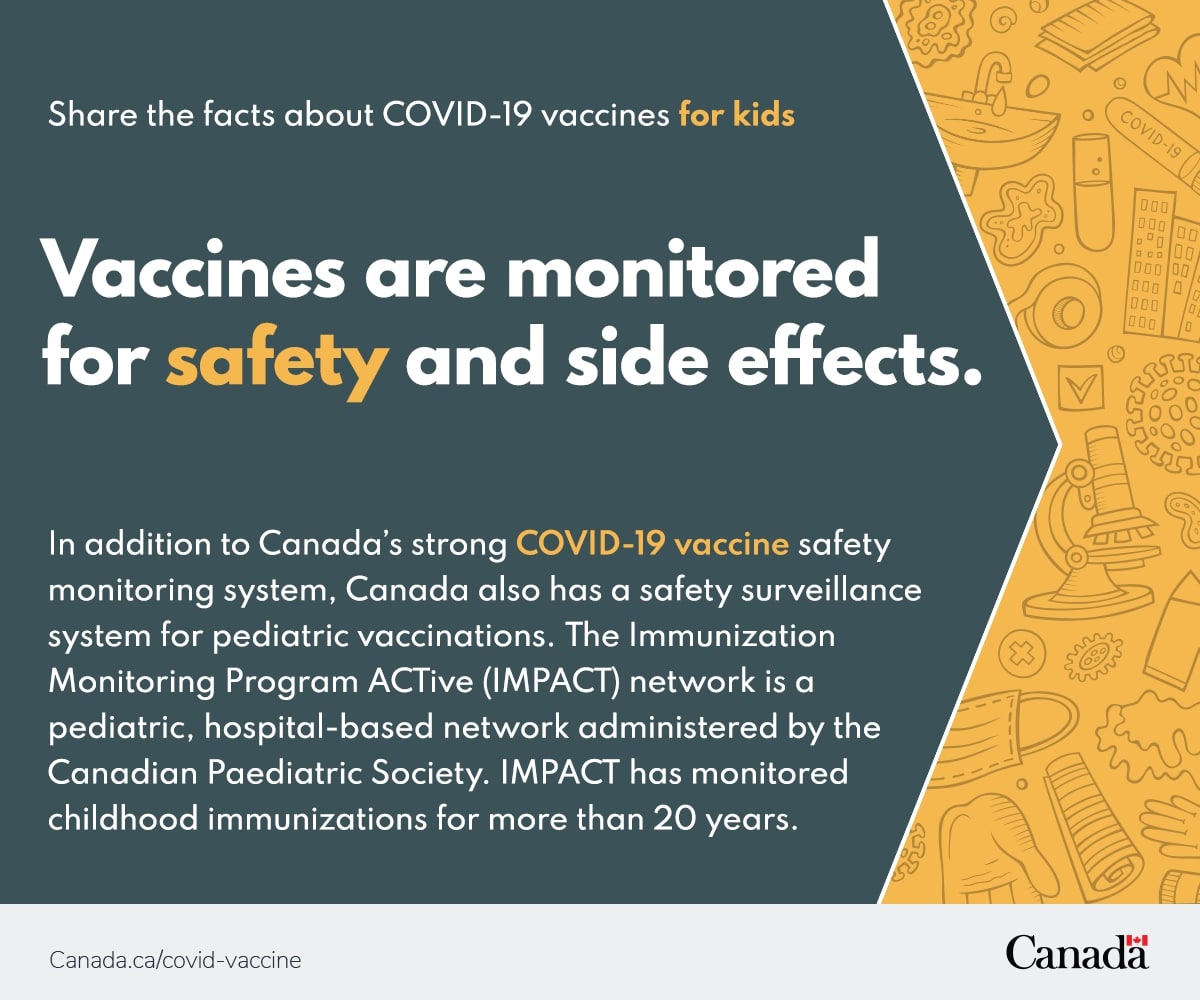COVID-19: Social media and promotional resources for Health Canada and Public Health Agency of Canada
For your consideration and use on your social media channels, please see the below general social media COVID-19 messaging and images.
As this is an evolving situation, please follow Health Canada and Public Health Agency of Canada social media channels for engagement opportunities. Feel free to engage via retweet, quote tweet or share on your official social media channels.
On this page
Channels
Twitter:
Facebook:
LinkedIn:
Instagram:
YouTube:
Key hashtags
- #COVIDVaccine
- #COVID19
- #postcovidcondition
Key messages
| Topic | Messaging |
|---|---|
| General information | For the latest and most up-to-date information on #COVID19, visit the Government of Canada's webpage or call the coronavirus information line: 1-833-784-4397. |
| Misinformation |
False statements and misinformation about #COVID19 continue to circulate online and on social media. Get information you can trust: #GOC is a credible, fact-based, and reliable source for #COVID19 information. |
| COVID-19 vaccines |
COVID-19 vaccines are safe and effective. Free vaccines are available to everyone who lives in Canada. Looking for more information about #COVID19 vaccines? Get the facts: |
| Hand washing |
Proper hand hygiene can help reduce the spread of #COVID19:
|
| People who are at risk of more severe disease or outcomes from COVID-19 |
Some people are at risk of more severe disease or outcomes from #COVID19. Find out what you can do to reduce your risk of exposure to COVID-19. |
| Awareness resources |
Looking for resources on #COVID19? Find all of the #GOC #COVID19 awareness resources for information on how to stay safe and help reduce the spread of the virus. Some resources are available in multiple languages. |
| What to do if you or someone in your home is sick |
Stay home when sick and take actions to reduce the risk of spread of #COVID19 within your household, such as:
|
| Masks |
A well-constructed, well-fitting and properly worn mask can help prevent you from getting #COVID19 and spreading it to others. Learn more about why wearing a mask is important, when to wear a mask and what type of respirator or mask to choose. |
| Individual public health measures |
Individual public health measures are effective actions you can use every day to help reduce the spread of #COVID19. These measures are most effective when used together and include:
|
Images, factsheets and videos to share
About COVID-19
| Image | Text | View or download |
|---|---|---|
 |
Coronavirus Disease (COVID-19) |
Individual public health measures
| Image | Text | View or download |
|---|---|---|
 |
|
Testing
| Image | Text | View or download |
|---|---|---|
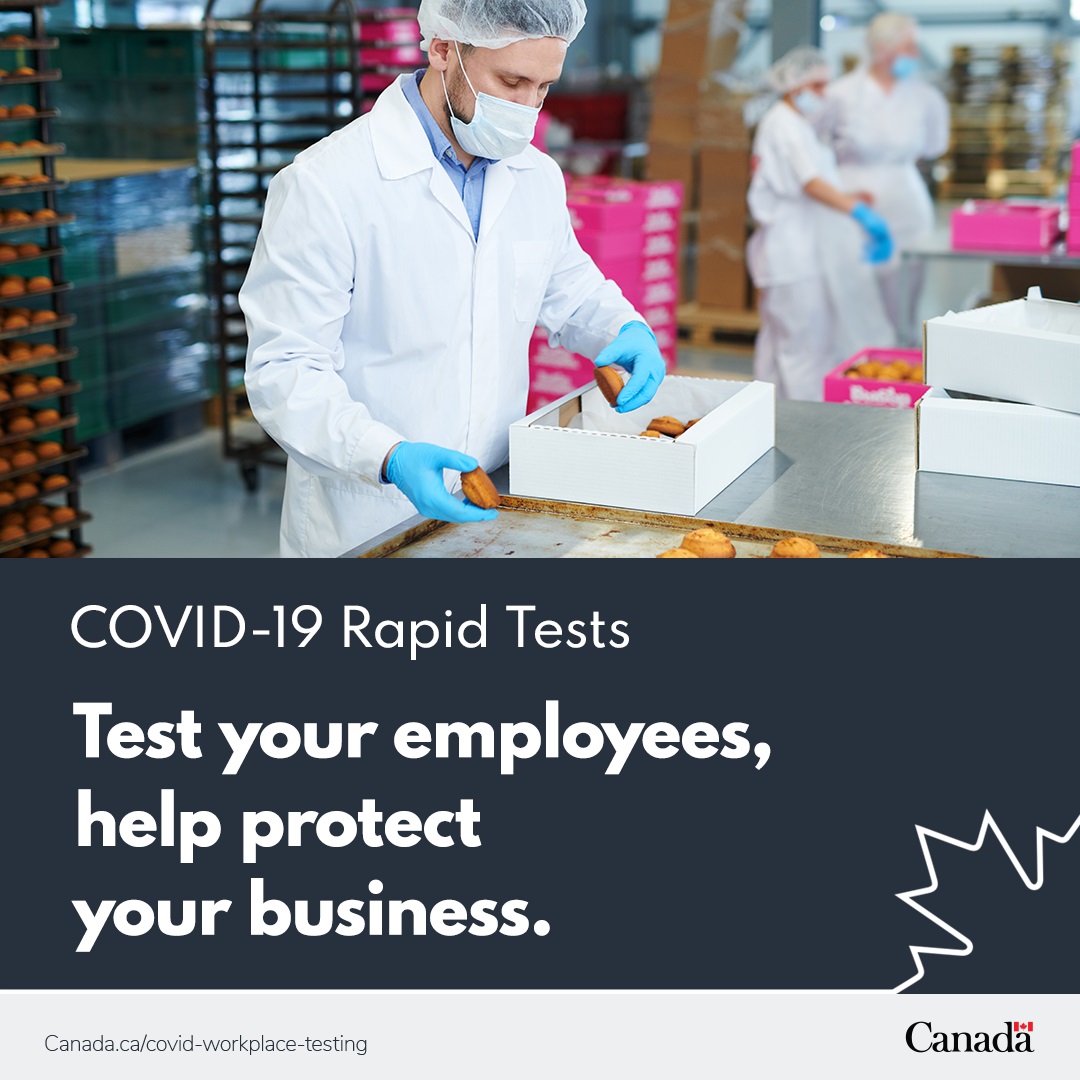 |
COVID-19 Rapid Tests Test your employees, help protect your business. |
COVID-19 rapid tests - Food processing industry |
 |
COVID-19 Rapid Tests Test your employees, help protect your business. |
COVID-19 rapid tests - Retailers |
 |
COVID-19 Rapid Tests Test your employees, help protect your business. |
COVID-19 rapid tests – Construction industry |
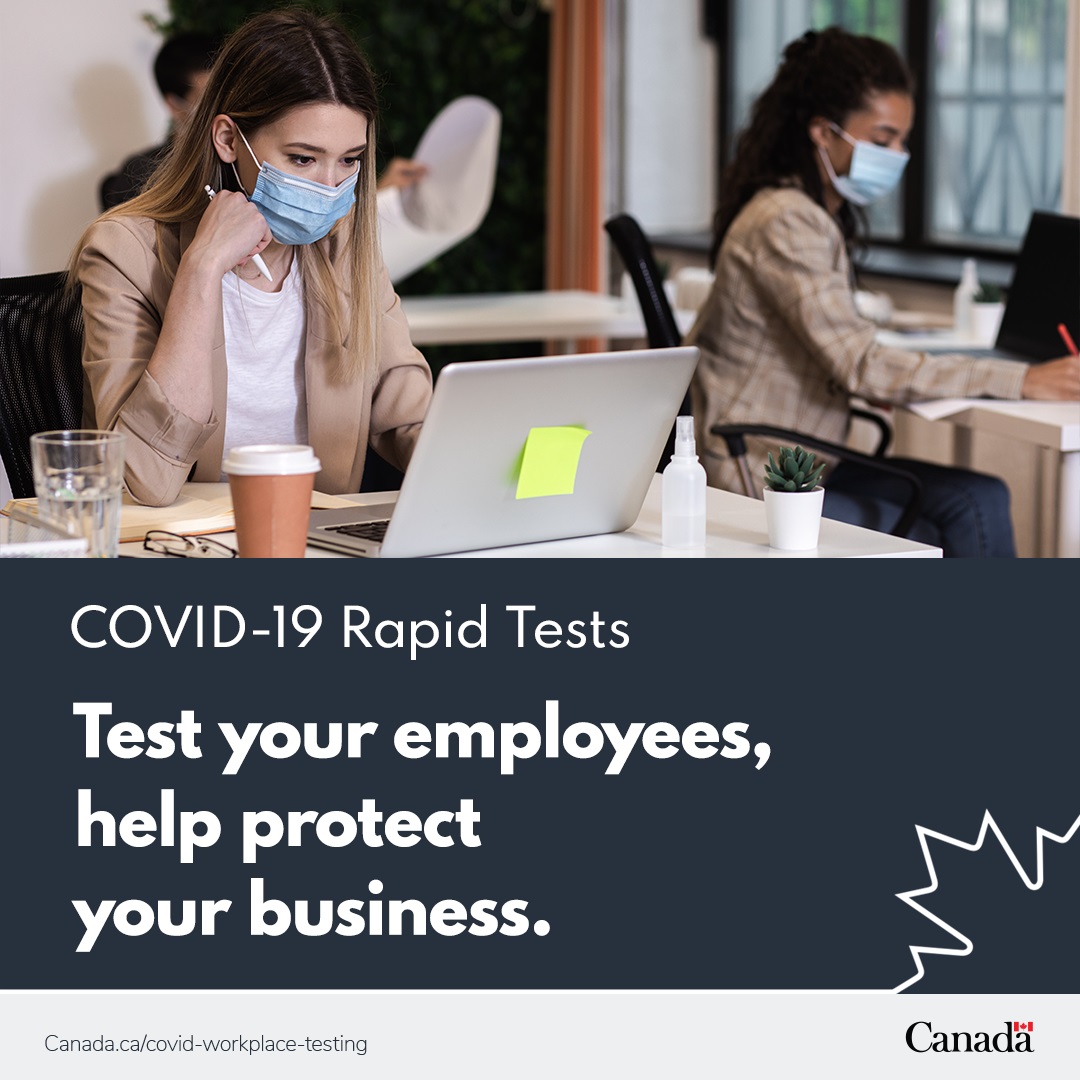 |
COVID-19 Rapid Tests Test your employees, help protect your business. |
COVID-19 rapid tests – Offices |
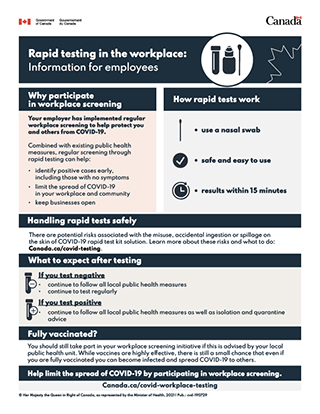 |
Access HTML format for rapid testing in the workplace: Information for employees (infographic) |
COVID-19 rapid tests – Infographic for employees |
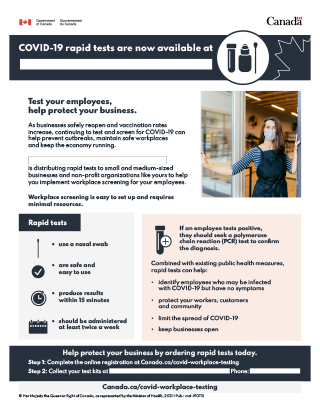 |
Access HTML format for Rapid COVID-19 tests: Handout for pharmacies |
COVID-19 rapid tests – Handout for pharmacies |
